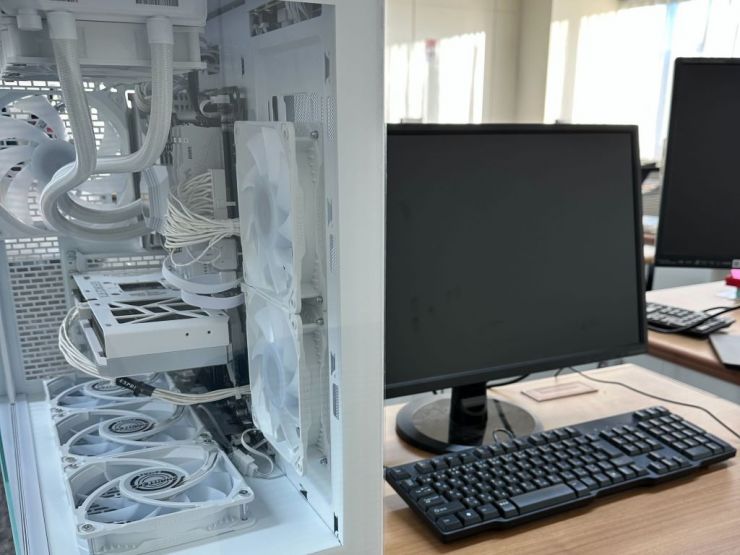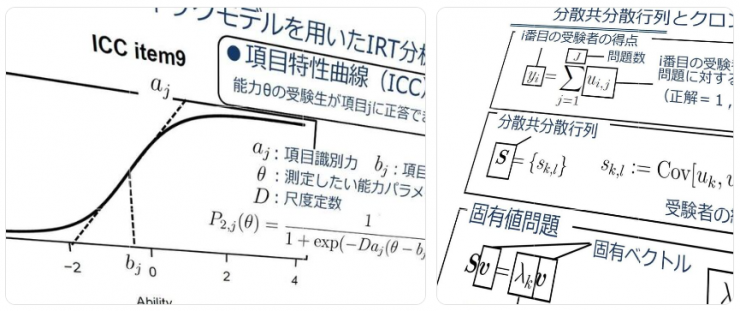Educational Technology
Our objective is the achievement of educational goals through the use of engineering approaches and other methods to address practical educational issues.
Development and practice of teaching materials using gamification and 3D printers
What kind of teaching materials should be designed to better achieve a certain educational goal? How should we design classes and what kind of teaching methods should we use to better achieve educational goals? The Nagahara Laboratory is involved in a variety of teaching material development and educational practices.

Development and practice of gaming materials
In this laboratory, we are developing and implementing gaming materials that utilize role-playing games and the Instructional Activity Game (IAG) developed by our collaborator, Toshiki Matsuda Laboratory. Along with the shift from content-based to competency-based learning, curriculum management is considered important in “Period for Inquiry-Based Cross-Disciplinary Study”. We are exploring what is learned in each subject through the development and practice of gaming materials, using an engineering approach that starts from the goal and works backwards. We are also exploring what is important in the framework for problem solving.

Development and practice of an educational information database for Project Study in industrial high school
Based on textbooks for Industrial subjects, we are conducting research that contributes to the support and promotion of the transfer of skills to teachers with less experience by creating a database of the know-how and teaching perspectives of experienced teachers and skilled technicians that are not included in the textbooks. This research is being conducted in collaboration with the Institute of Science Tokyo High School.

Evaluation of 1-dimensionality and local independence of items for the development of adaptive testing systems using LLM
We are conducting research on automatic question generation methods that satisfy the one-dimensionality and local independence of items, which are Item Response Theory (IRT) assumptions, for adaptive testing systems that can generate test items on an as-needed basis using LLM.